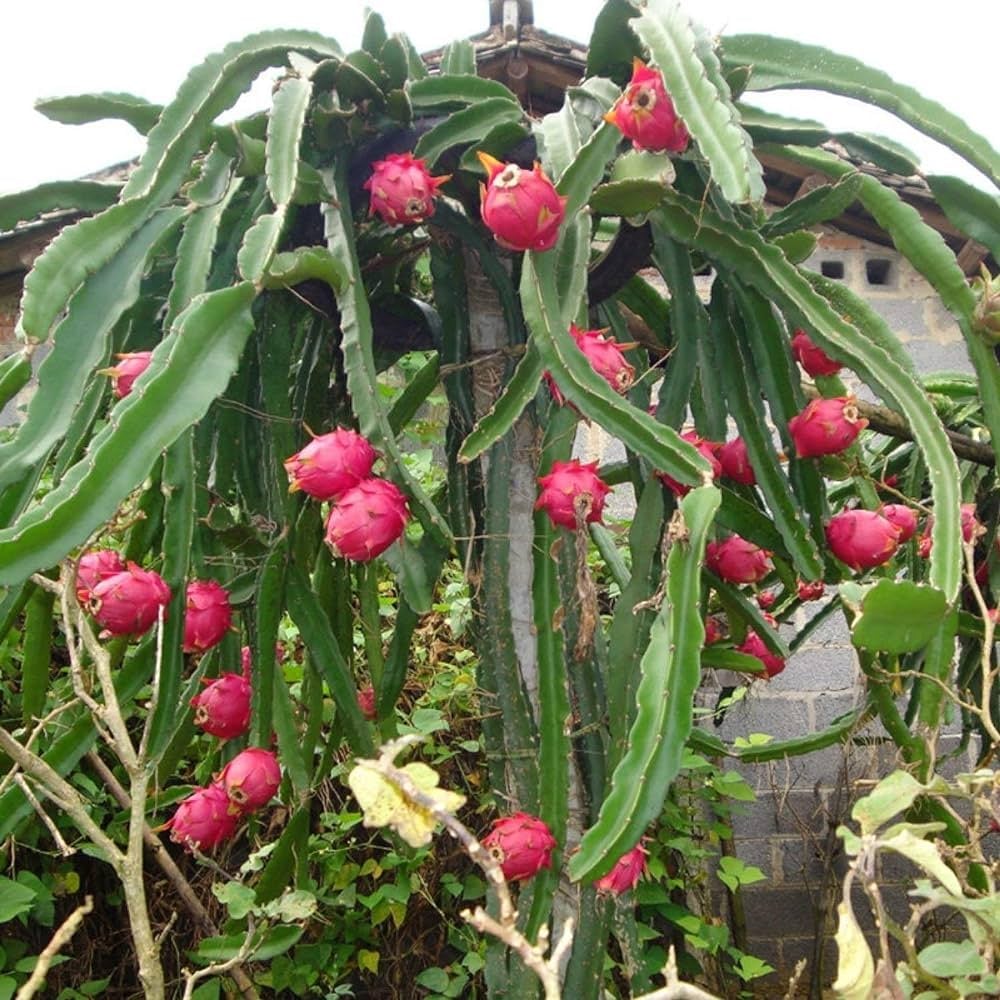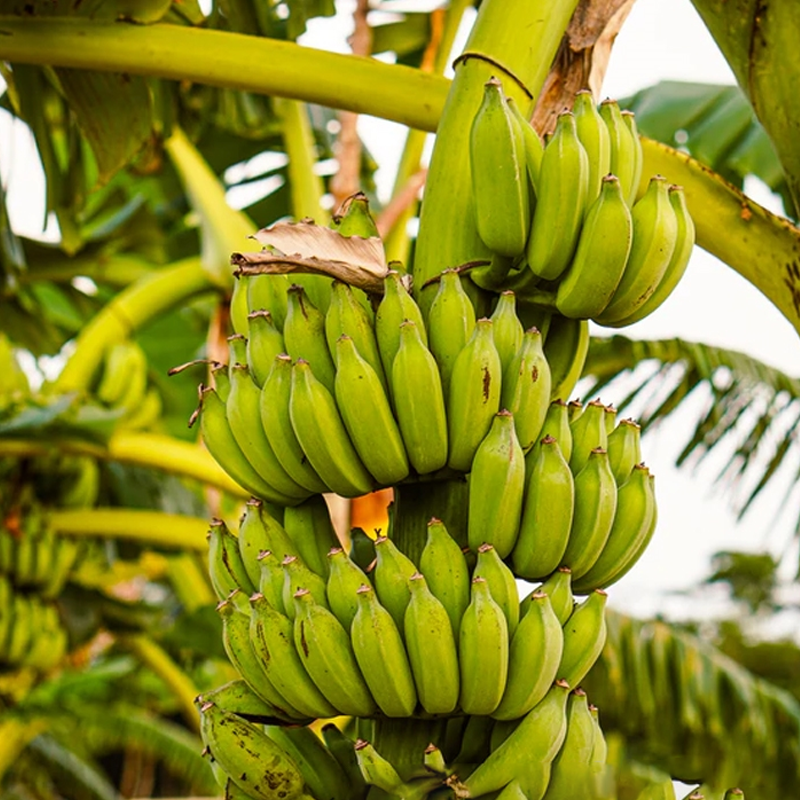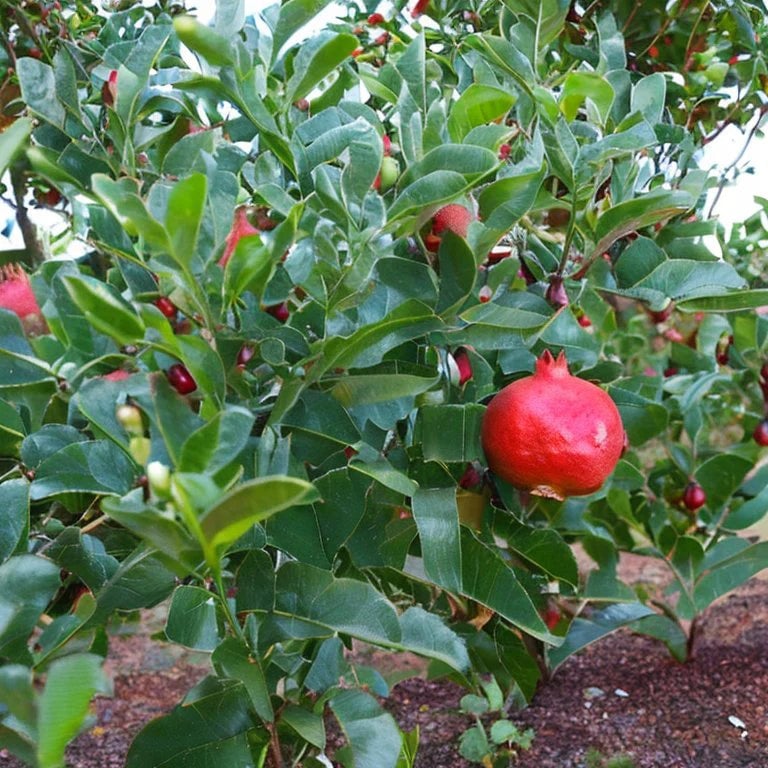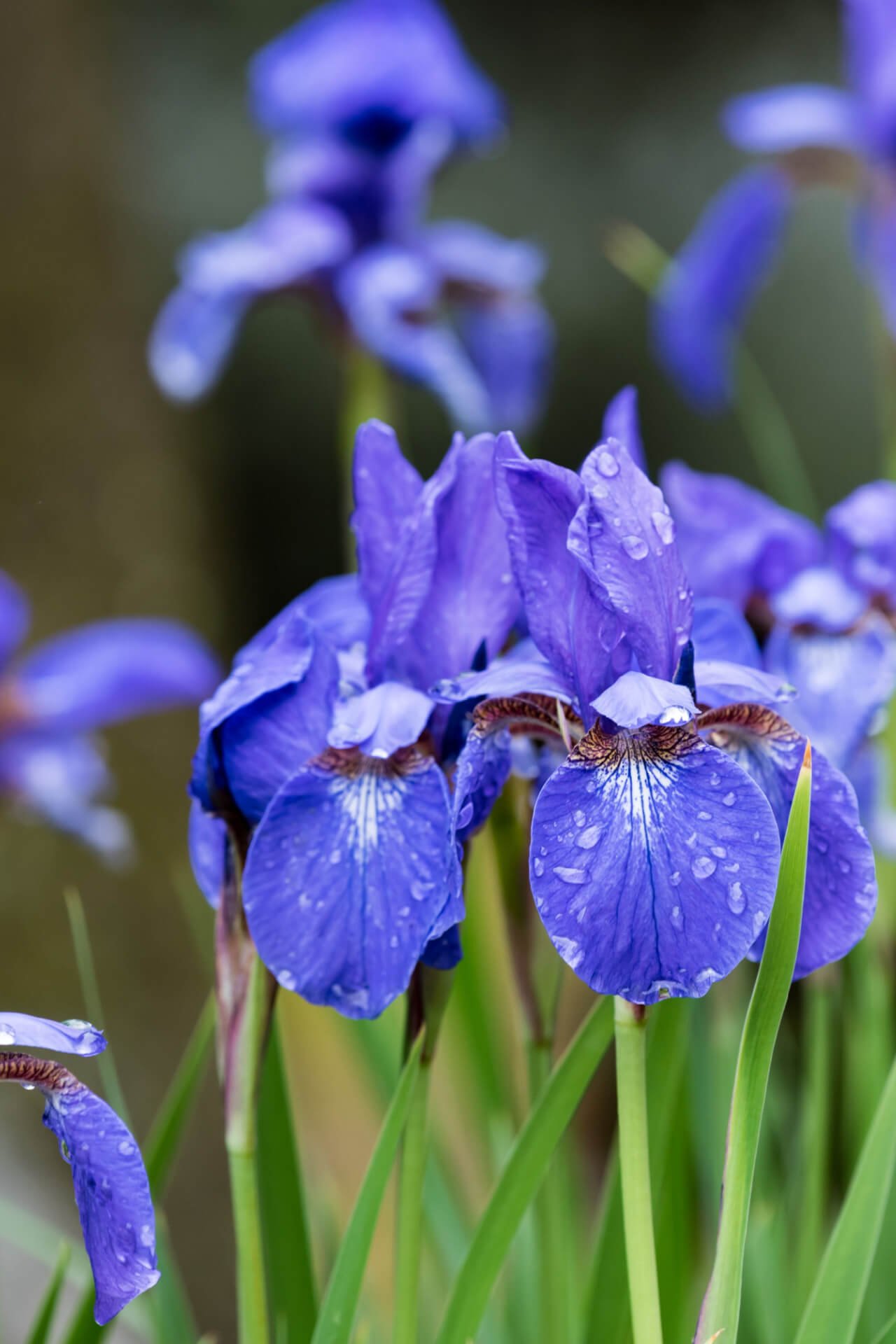
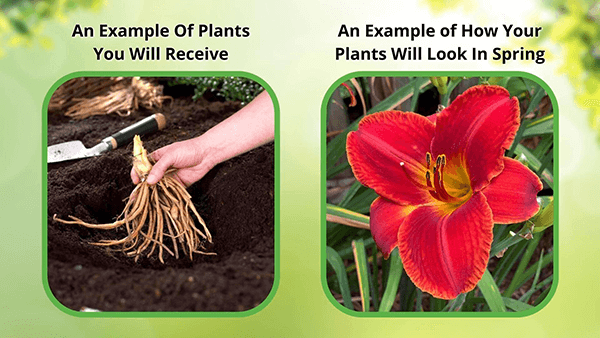
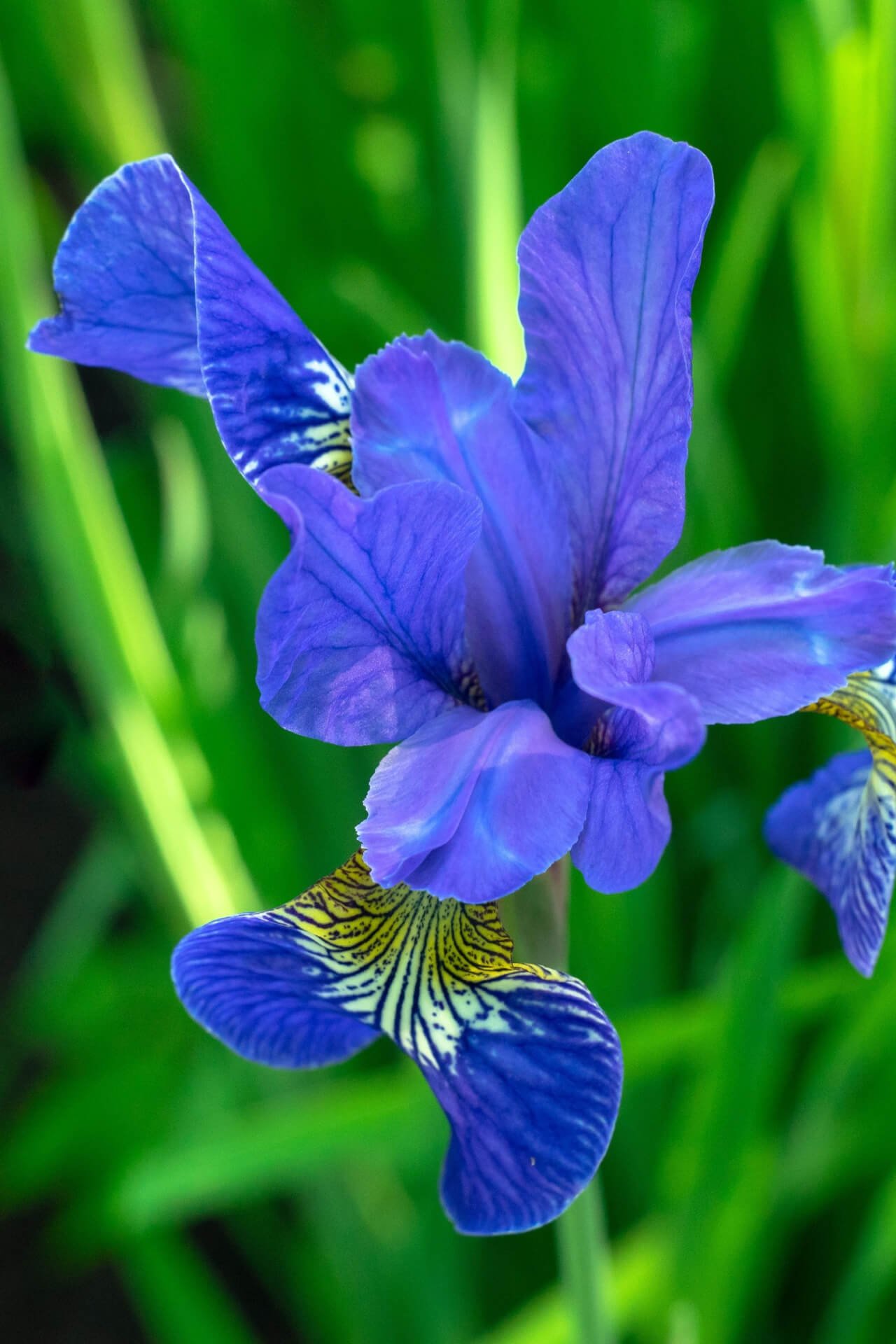

Siberian Iris
Thrives in various soil types
Resistant to pests and diseases
Low maintenance, hardy perennial plant
Thrives in
ZONE 3ZONE 4ZONE 5ZONE 6ZONE 7ZONE 8This plant ships:
Ships Week of May 5thShowy Pink Primrose - Oenothera speciosa
Siberian Iris is a hardy purple and white blooming perennial plant known for its elegant, slender, and vibrant flowers. It is a popular choice for garden borders and water features. It is a versatile and captivating addition to landscaping projects, offering many benefits beyond any potential herbal uses. This perennial flowering plant brings aesthetic and functional advantages to outdoor spaces, making it a popular choice among landscape designers.
Also known as the sibirica and the Siberia flag, these memorable plants are a stunning addition to your flower garden. They are recognized for their coloring and pleasant smell, which can be compared to that of violets and freesias. Incorporating them into your landscaping has several impressive benefits related to their beauty, significance, and functionality in and out of the home.
Siberian Iris Has Gorgeous Flowers
This easy-to-grow plant features long, bluish-green leaves along with bluish-purple flowers. The flowers have long, draping petals that perfectly contrast the slender, pointed leaves. The inner portion of the petals is fascinating, with a combination of yellow, white, and brown elements arranged in a lovely pattern. Numerous blooms grow on each plant seasonally, adding a vibrant, eye-catching hue to enjoy in your garden throughout spring.
Siberian Iris Offers Home Decor
They are also the perfect addition to your home decor. Their healthy, strong stems make them ideal for cutting at the bud stage through the flowering stage and adding to a tall vase. Their smooth fragrance and lovely coloring add a unique charm to your home and are perfect for use as a seasonal focal point.
This Perennial Is Notable in Culture
Siberian Iris is named after the rainbow goddess in Greek mythology, which is an apt name given its vivid and fascinating petals. For centuries, royalty have used them to symbolize their families' significance in countries worldwide. In addition, the French fleur-do-lis symbol is derived from this flower. Because of these cultural significances, they add a regal touch to your yard.
While many species have distinctive characteristics you can add to your landscaping; this species stands out with its unique coloring and other traits. The plant grows in clumps that stand up to two feet tall at maturity and can grow up to 20 flowers per plant. Because of their characteristics, the plants make a great addition as a property line division and a flower garden border.
What makes them a great addition to my garden
It is slender-leaved and has beautiful colored flowers - purple, blue, yellow, and white. It adapts to different climates, which adds a touch of sophistication to the garden without needing much maintenance.
How do I care for them
They are easy to care for and grow in well-drained soil in part shade to full sun. Water them during dry periods to keep them healthy and ensure they bloom year after year.
Is it resistant to pests and diseases
It is resistant to pests and diseases, making it a reliable gardener plant. It beautifies the garden while requiring only minimal care.
Can they grow in wet areas
They prefer freely drained soils but can also tolerate wet locations, such as near ponds or rain gardens. For this reason, they are commonly used in landscaping.
Does it attract wildlife to the garden
It brings in beneficial pollinators such as bees and butterflies, increasing the biodiversity in your garden.
This Is How Your Plants Will Look upon Delivery
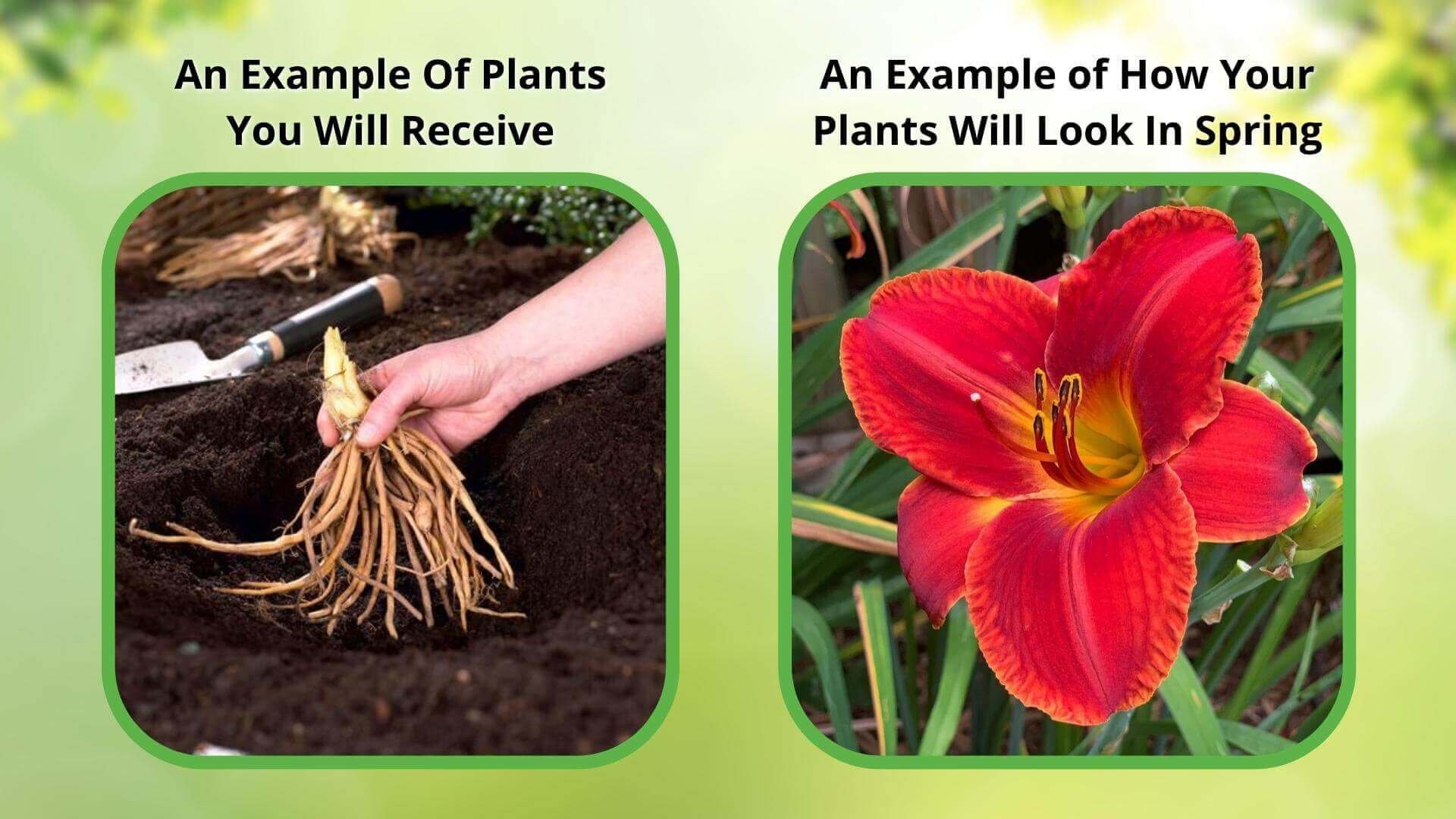
Bloom Season
Summer
Bloom/Foliage Color
Purple
Height at Maturity
Over 12"
Care
Siberian Iris thrives in well-drained, moist soil. Water regularly to keep the dirt always damp but not soggy. Mulch to retain moisture and prevent weeds. Trim spent blooms to promote new growth and divide clumps every 3-4 years to preserve vigor.
Plant Reproduction
Siberian Iris spreads slowly over time from short underground stems called rhizomes
Shipping date depends on the date displayed and chosen when you order from the product's page.
We only accept returns on plants verified dead. If you think your plants have died, we offer a 1 year warranty, please use this File a Claim Link to verify dead plants and start with return warranty process.





.png?v=1722366864922&em-origin=cdn.accentuate.io&em-format=auto)
Elegant Blooms:
Delicate flowers in blue, purple, and white add sophistication to your garden.
Hardy and Resilient:
Thrives in various soil types and conditions, making it a reliable choice.
Attracts Pollinators:
Beautiful blooms draw bees and butterflies, boosting garden biodiversity.
Low Maintenance:
Minimal care required—just regular watering and occasional deadheading.
Caring Tips
How do I care for my Siberian Iris?
Each box contains detailed care instructions and information about your product. But here's the basics.
Care Tips
Siberian Iris thrives in well-drained, moist soil. Water regularly to keep the dirt always damp but not soggy. Mulch to retain moisture and prevent weeds. Trim spent blooms to promote new growth and divide clumps every 3-4 years to preserve vigor.
Light Requirements
Siberian Iris flourishes in full sun to partial shade. It favors well-drained soil and can handle some shade, especially in hotter climates. Provide it with at least 4-6 hours of direct sunlight daily for optimal blooming.
Hardy Planting Zones
3 • 4 • 5 • 6 • 7 • 8
Header
Use this content to share information about your store and products.
Frequently Asked Questions
How often should I water my plants?
How do I know if my plant is getting too much or too little sunlight?
What should I do to prepare my plants for winter?
What are the signs that my plant needs fertilizing?
How can I prevent pests from damaging my plants?
How do I choose the right plant for my climate zone?



